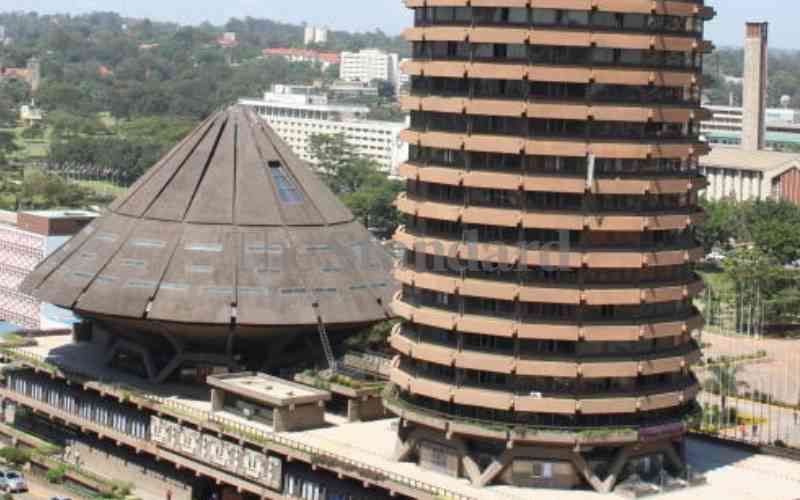×
The Standard e-Paper
Stay Informed, Even Offline

The planned sale of 11 parastatals, valued at Sh200 billion, has received condemnation from many Kenyans over fears that the exercise could become a rip-off of valuable assets by well-connected and corrupt individuals seeking quick riches.
Their fears are drawn from the massive looting that happened in such deals in the past. Examples include the concession of Rift Valley Railways, the attempted sale of Uchumi Supermarkets and Kenya Cooperative Creameries (KCC), among others.